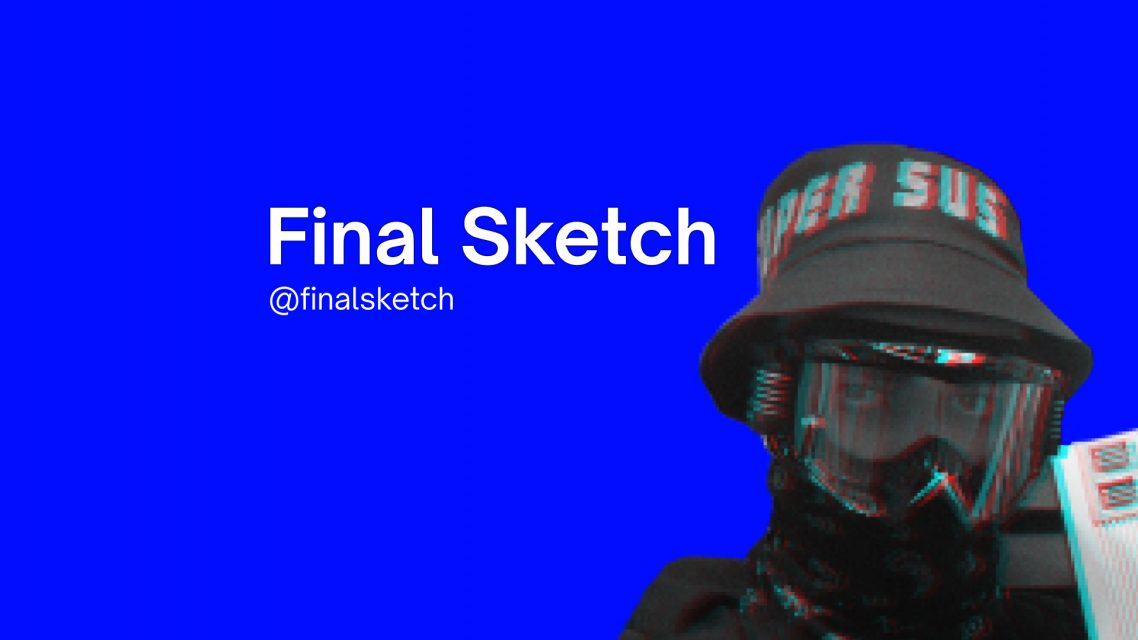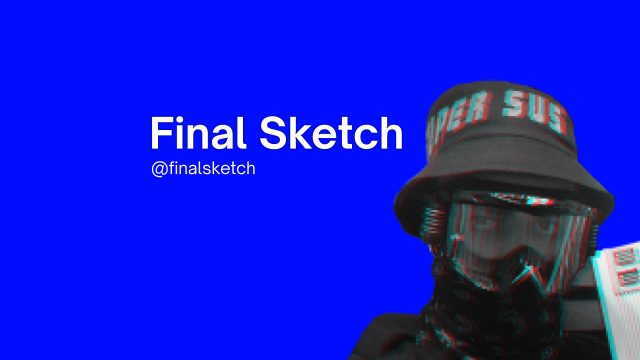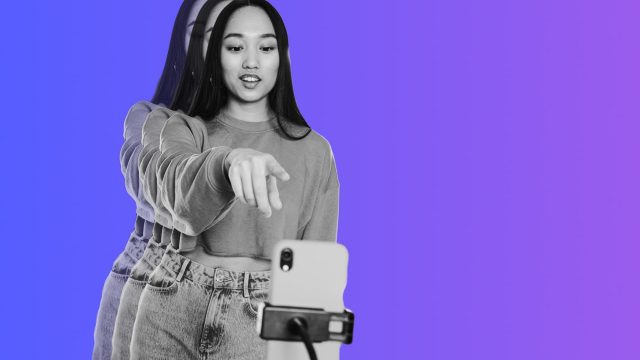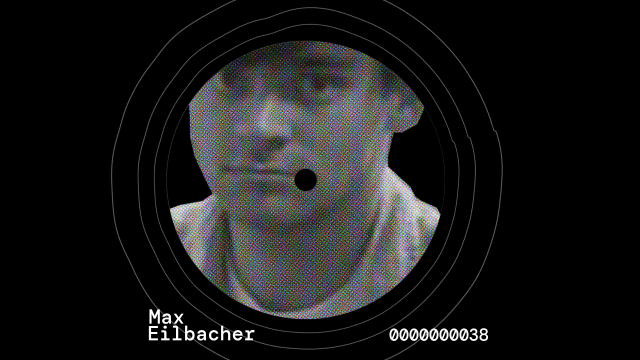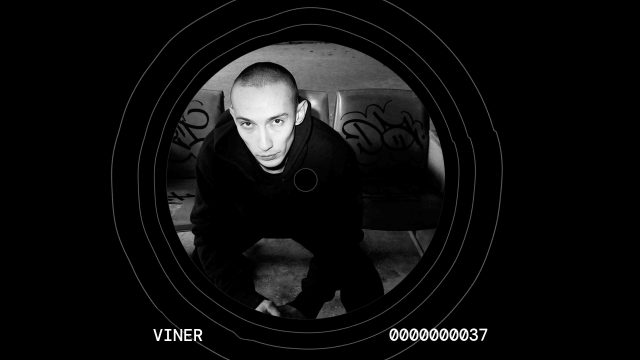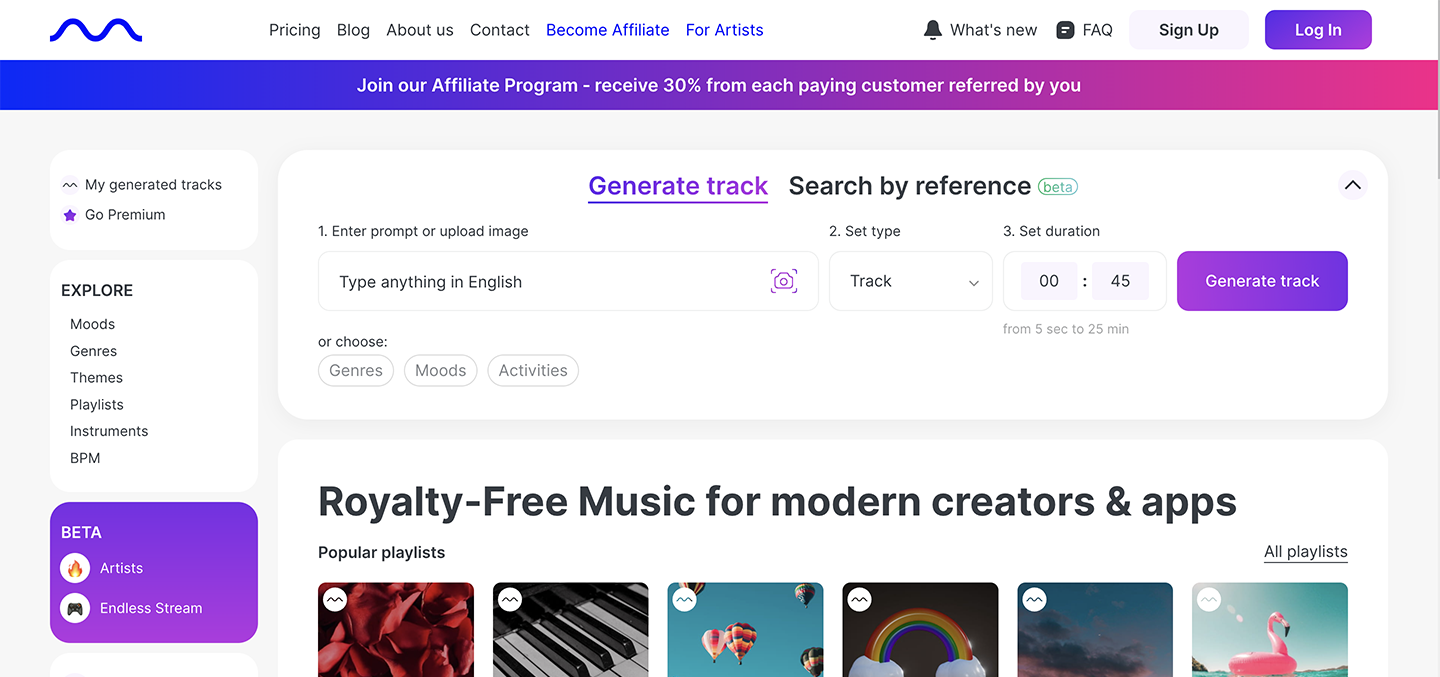
Create royalty-free AI music tracks with one click
Just describe what you want and get an instant track of any duration — and you will never meet any troubles with copyrights
Get startedFor a better listening experience, check out the Mubert app
A sound designer at heart, Moscow-based Final Sketch has been writing music for over 15 years. Originally entering the field by studying music at school and toying around with FL Studio, Oleg continued his audio design education at the Sound Design Institute. Now, Final Sketch composes music and SFX for game projects — he has written music for the trailer of PUSS! and worked on one of the Pulsar ads, which got second place for sound during a New York festival.
At the same time, the artist released several EPs, singles and an album in a plethora of different styles ranging from IDM, EDM and breakcore to chiptune and synth wave. He typically experiments on the brink of these and other genres and also combines them. You can spot the musical diversity advocate on a variety of stages, including the Sun Spirit festival and Random Power, which he organizes himself.
For many musicians, mastering computer science and coding is essential. Have you ever tried coding and how did that go?
There is nothing difficult about coding. We program ourselves every day when we set our alarms. That, like writing music, can be as easy as building LEGO or as difficult as module synthesis. I think that the more options for algorithm modification the musician has, the better. At the same time, good results with from-the-box settings are also important.
Is the listener a co-creator if he is simply modifying the compositions with his likes? Should the platform provide more instruments to allow the audience to tinker with ideas and change them? What could those tools look like?
Likes for an algorithm are like tips for a DJ, but if the listener starts to tinker with effects and mixes their own tracks, then they become a co-author. The more instruments, the more interesting it becomes. You don’t need to go far to find use cases — they all exist in the vst format.
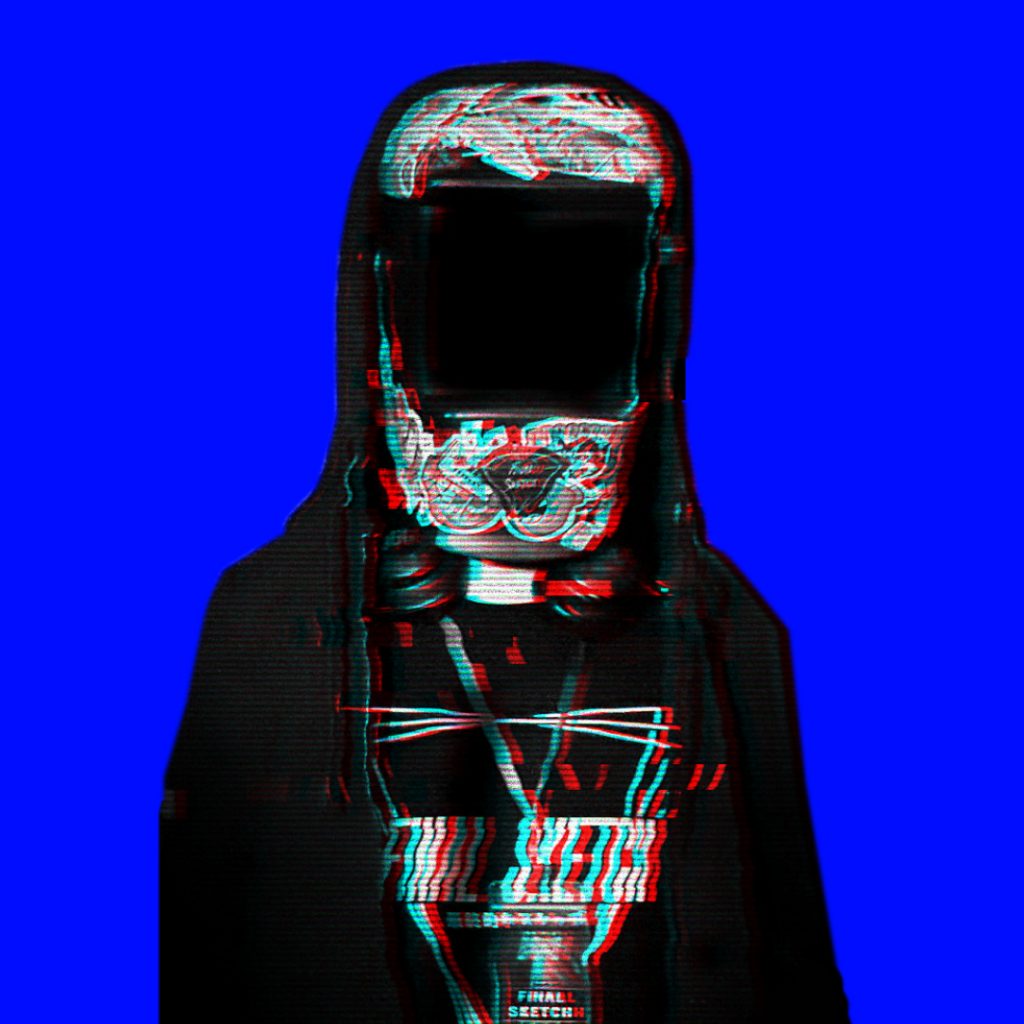
If you were to develop a set of tools that would let your listeners create their own versions of your tracks, what would that “toolbox” look like? What is your overall opinion on the audience changing your compositions?
There can be two versions of such editing: a DJ lite and a producer pro. The first one can include simple effects for a group of instruments and intensity regulators (if there are enough variations of one sample). The latter can also have rhythmic effects, drum drawings and the intensity of individual instruments.
Co-creating music with AI theoretically makes the algorithm a co-composer. Do you agree with this statement and how do you feel about this? How does this concept work when it comes to royalties and intellectual property?
A lot depends on the specific algorithm and what the author expects from one’s music and the music-making process. “Smart” equalizers and compressors also do a part of the musician’s work but don’t ask for a percentage of the plugin developers’ releases and don’t put features with them. On the other hand, throwing a bunch of loops that aren’t your own and calling it your track isn’t good.
Artist Interviews Artists InterviewsAI Music Company
Mubert is a platform powered by music producers that helps creators and brands generate unlimited royalty-free music with the help of AI. Our mission is to empower and protect the creators. Our purpose is to democratize the Creator Economy.
Generate Track API for Developers
